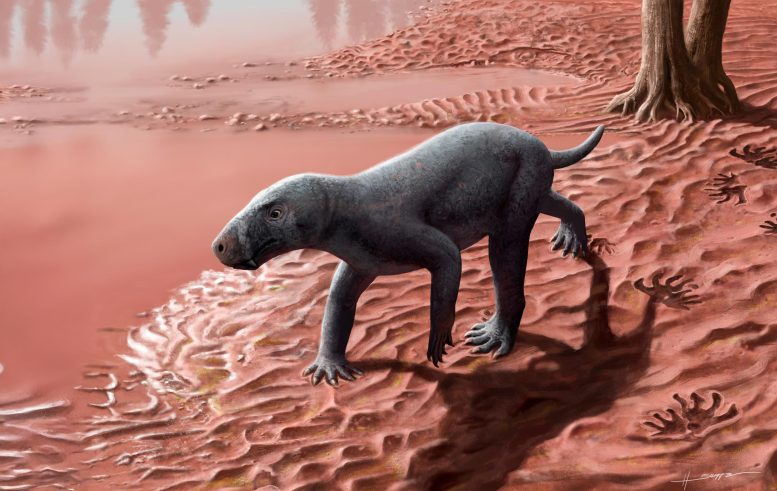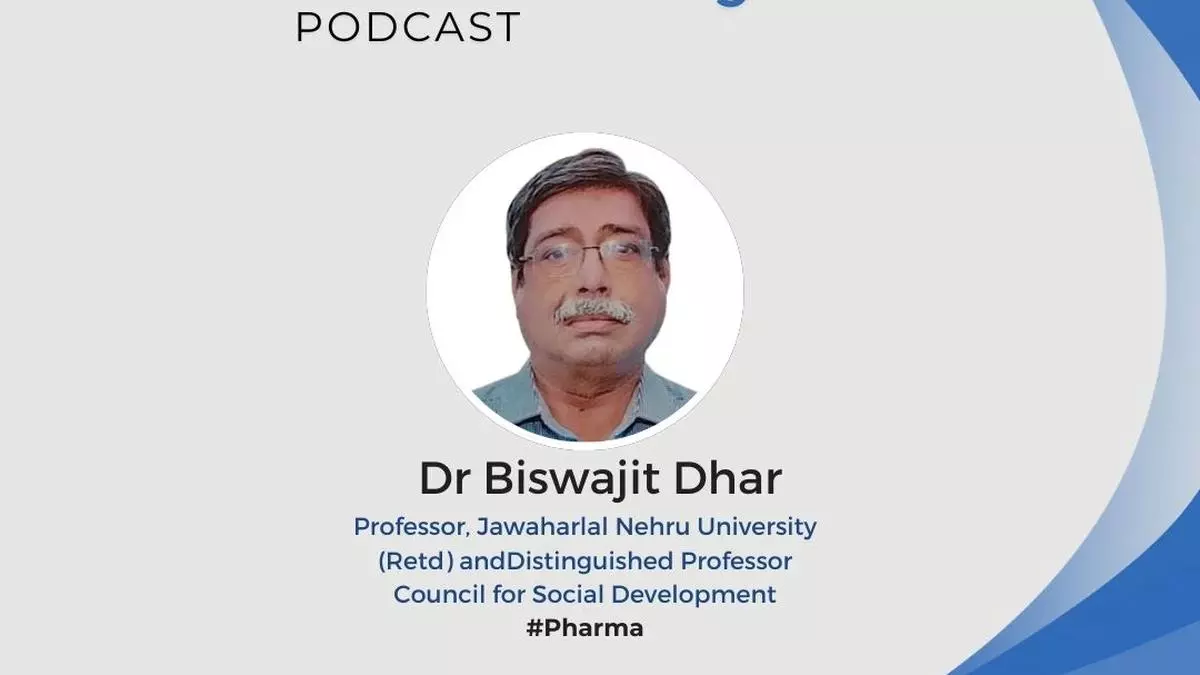[NAIROBI] As 2024 drew to a close, a global climate gathering failed to deliver on cash promises, prompting delegates from vulnerable countries to walk out of the talks in despair.
Hailed as the “finance COP”, the UN climate summit COP29 in Baku, Azerbaijan, ended with a seemingly generous deal to triple climate finance from the previous US$100 billion a year by 2035 to US$300 billion a year.
Rich nations also promised to scale the contribution to US$1.3 trillion over the same period, in what might appear to be a significant step forward.
But for climate vulnerable countries, the deal was glaringly short of the US$6 trillion the UN says is needed to implement climate action plans by 2030, as well as lacking detail on how the target would be achieved.
The re-election of Donald Trump was another blow for climate prospects, further dampening the mood at the climate negotiations in Baku.
With his “America First” mantra, Trump showed little regard for international cooperation on global challenges in his previous term in office, withdrawing from the Paris Agreement and signaling an end to America’s role in the World Health Organization (WHO).
Analysts told SciDev.Net the Trump victory could have far-reaching consequences for global research and development, with climate response and global health the likely casualties.
Hottest on record
All this came in a year when global warming surpassed the threshold of 1.5 degrees Celsius above pre-industrial levels for the first time, according to data from the European Union’s satellite-based climate monitoring service Copernicus.
In May, temperatures in the Philippines and Thailand topped 50 degrees Celsius as an intense heatwave gripped South and South-East Asia. Bangladesh recorded almost 30 days of heatwaves, leading to deaths from heatstroke and school closures.

Many families in the Philippines seek some relief from the oppressive heat by heading to the beach. Copyright: risingthermals (CC BY-NC-ND 2.0 DEED).
Devastating floods in Kenya around the same time were another reminder that climate change impacts are happening right now. Climate scientists told SciDev.Net of the urgent need for more robust mitigation efforts, including flood risk maps and early warning systems.
In Libya, climate change has been fueling an invasion of tiny red spider mites, leading to huge crop losses, SciDev.Net’s Middle East and North Africa desk reported.
More research is urgently needed to help countries adapt to this new reality and the research must have immediate, on-the-ground impact, climate specialists also told us.

UN engineers help monitor Nile flood levels in Bentiu, South Sudan in October 2023. Climate action specialists said adaptation research needs to have immediate on-the-ground impact, while still being scientifically rigorous. Copyright: Gregório Cunha/UNMISS (CC BY-NC-ND 2.0 DEED)
Exploring efforts by the science and development sector to respond to these challenges, our Africa Science Focus podcast heard in November how scientists are harnessing gene editing to produce climate-resilient wheat. The resulting wheat varieties are not only resistant to diseases but have added nutritional value, according to researchers.
In East Africa, climate scientists are building artificial intelligence (AI) into traditional weather forecasting methods to improve the accuracy of extreme weather predictions with minimal cost, SciDev.Net learned.
Mpox on the rise
Meanwhile, in global health news, mpox took centre stage, as cases surged in the Democratic Republic of Congo and spread to neighbouring countries, prompting the WHO to declare the outbreak a public health emergency of international concern in August.
A vaccination campaign began in early October but, despite being the most at-risk group, children were not included, even as tens of thousands of child cases were recorded.

A child with mpox at Miti-Murhesa health centre in South Kivu province. Children in the Democratic Republic of Congo are still awaiting vaccines to protect them from mpox. Copyright: Moise Aganze / SciDev.Net
More optimistically, our health coverage during the year highlighted how a rare group of HIV-positive people who maintain undetectable levels of the virus in their blood without medication could hold the key to new therapies for others living with the disease.
Researchers believe a vast majority of those people—so-called “elite controllers”—can suppress the virus without the need for antiretroviral therapy. They say that studying these individuals, who represent about one in 200 of those infected with HIV, could lead to new treatments or even a cure.
Around the world, strides were also seen in the use of AI for health. Researchers in the UK have developed AI-powered digital avatars to help treat people who hear voices in their heads. The treatment is now being adapted for low-resource settings and will be trialled in India and Ethiopia.
A participant speaks face-to-face with an avatar in the trial of an AI-powered therapy for people who hear voices in their heads. Copyright: Jason Alden Photography Ltd / Wellcome. This image is intended for illustrative purposes only and does not depict an actual therapy session.
For the scientists bringing us all these stories, reporting is not always straightforward.
Our investigation, The scientists who risk it all for research, tells the powerful stories of scientists from Brazil, Gaza, the Philippines and elsewhere whose lives are in danger simply because of the research they are pursuing.
“Threats to scientific freedom … but also threats to the responsible practice of science, are rising globally,” and becoming “more chilling”, said Vivi Stavrou, executive secretary of the committee for freedom and responsibility in science, at the International Science Council.
Calling on the international science community to step up, she said: “It’s our community. We have an obligation to look at supporting, protecting and strengthening the resilience of the scientific community.”
This piece was produced by SciDev.Net’s Global desk.









Leave a Comment